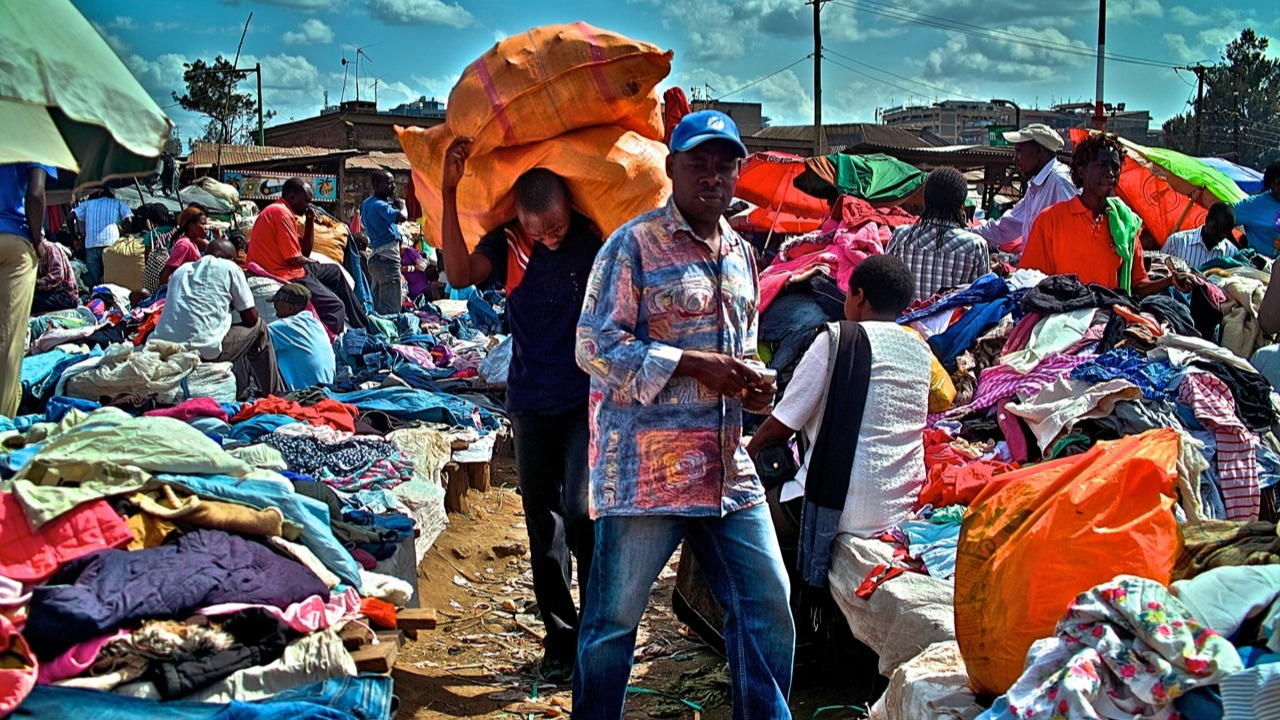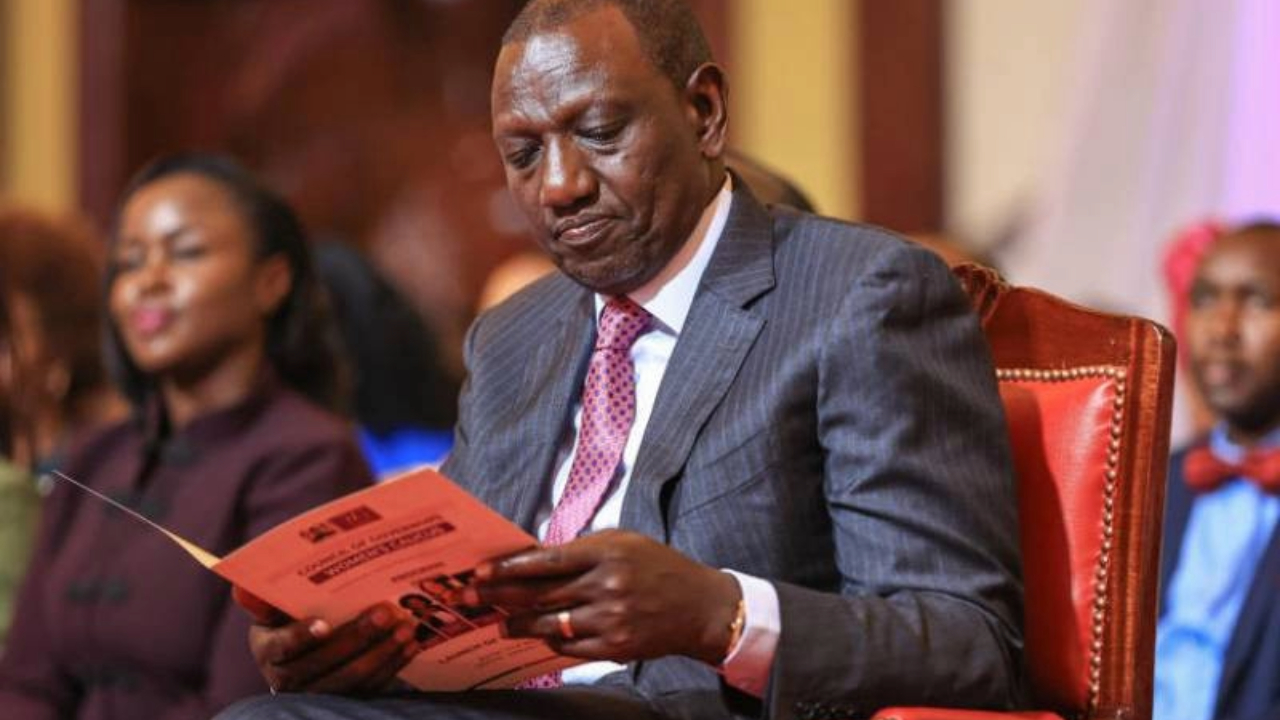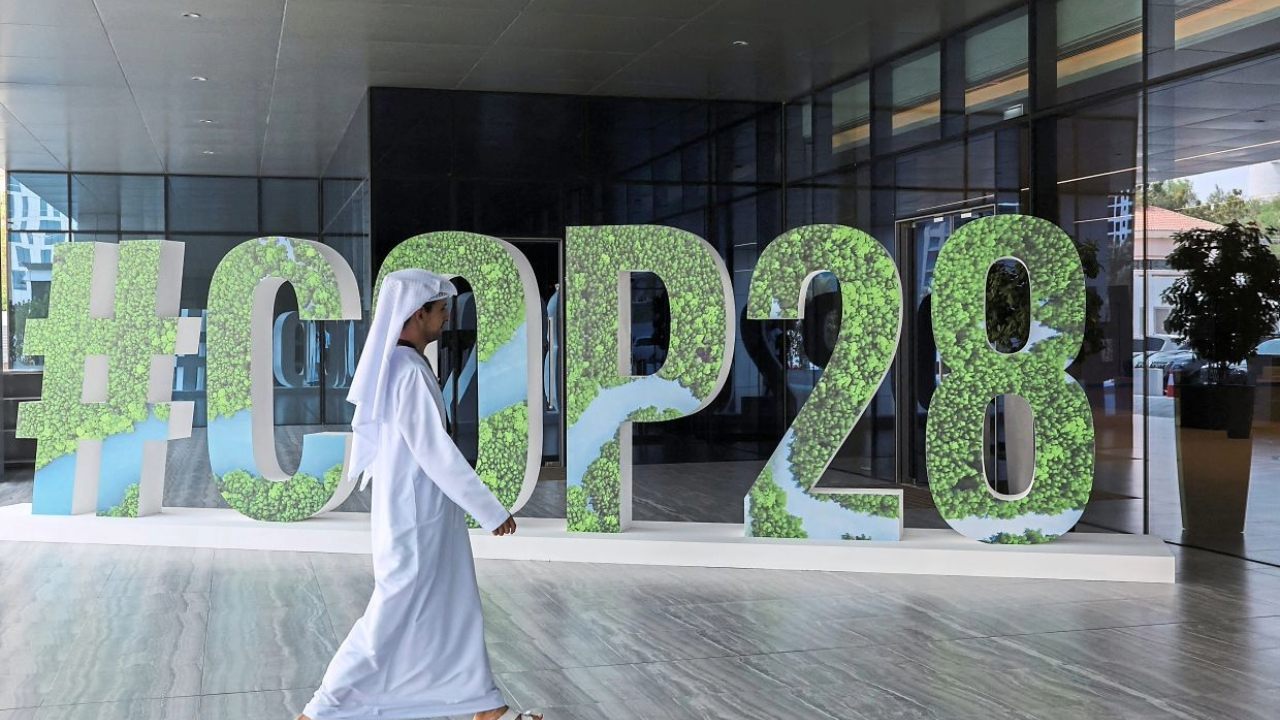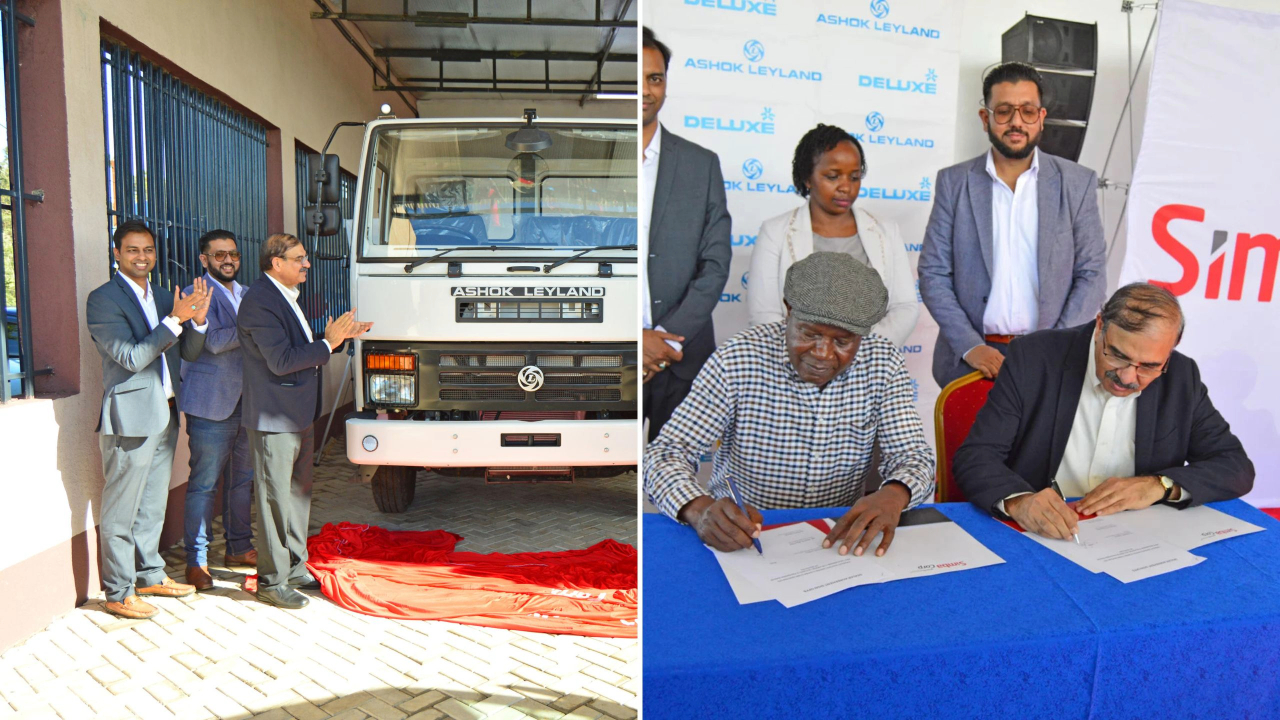Report Reveals European Countries Dump Plastics in Kenya in Disguise of Mitumba

The debate on mitumba has come again to dominate discourses in Kenya after a report exposed the secret dumping of plastic waste by European countries through exportation of the second-hand clothes to Kenya.
The report titled ‘Trashion, the stealth export of plastic clothes to Kenya’ which was released by the environmental advocacy group Clean up Kenya in collaboration with the Wild light and the Changing Markets foundation revealed how the importation of tones of second-hand clothes has negatively impacted the environment.
According to the report, cloth recycling companies in the EU and the United Kingdom are using legal loopholes to export to Kenya millions of plastic clothing made from cheap synthetic fibres.
“The said clothes are either too dirty or damaged to be reused or are culturally and climate inappropriate, creating serious environmental and health problems for vulnerable communities and overburdening the Kenya taxpayer with waste management costs for these rubbish clothing,” noted the report.
The report found that a third of the 148 million clothing items shipped to Kenya in 2021 contained plastic, that is nylon and polyester, and were of such low quality that they ended up in the dumpsites or used as rags.
Second-hand clothes dealers in Kenya including Baltic textile trading operating as Think Twice and Humana imported 32 per cent of the clothes from the EU and UK.
Other European companies that exported the used clothing to Kenya include Poland's Vive Textile Recycling (7.94 per cent), Wtorpol (3.32 per cent), Firm Handlowa Tesso (3.31 per cent) and UK companies Nathans Wastesavers Limited (4.62 per cent), JMP (3.86 per cent) and Cookstown Textile Recyclers (3.78 per cent)
The report accused the charities that collect the clothing from UK and British Citizens such as the British Heart Foundation Oxfam, Cancer Research UK, Salvation Army, Bamardos and Sue Ryder of being linked to the recycling companies that ship the waste to Kenya.
Germany is said to be the leading exporter of second-hand clothing 41.27 per cent followed by Poland (24.6 per cent), the UK (23 06 per cent) Hungary (3.2 per cent, Italy (2.5percent), Belgium (1.82percent), Lithuania (1.42percent) Estonia (067 per cent) France (0.5 per cent) and Ireland (0.42 percent).
The total value of the export was Sh 3.25 billion.
Clean up Kenya Patron Betterman Simidi Musasia while releasing the report on Friday said it came at a crucial time when the international community is involved in the a Global Treaty for Plastics and more so Kenya is the process of developing of the legal framework for the management of waste with the enactment of the Sustainable Waste Management Act of 2021.
Mr Simidi regretted that the EU and UK was secretly contravening the Basel Convention on the Trans- boundary transportation of plastic waste, while overburdening the Kenyan taxpayer with the management of these waste.
He called upon the Kenya government to issue a statement regarding the secret importation of plastic waste despite making few steps towards dealing with the menace.
“The EU and UK should encourage the use of non-toxic, circular materials and introduce eco-design measures in the fashion industry. Additional regulations that govern sorting of used clothing to eliminate waste exports should be strengthened,” he said.
The Kenya Association of Manufacturers South Rift chairperson Peris Mbuthia said the second hand clothes despite degrading the environment were also hurting the local textile manufacturers.
She encouraged Kenyans to embrace and consume locally manufactured products.
Others present during the release of the report were Gaplink international CEO Tom Mboya




